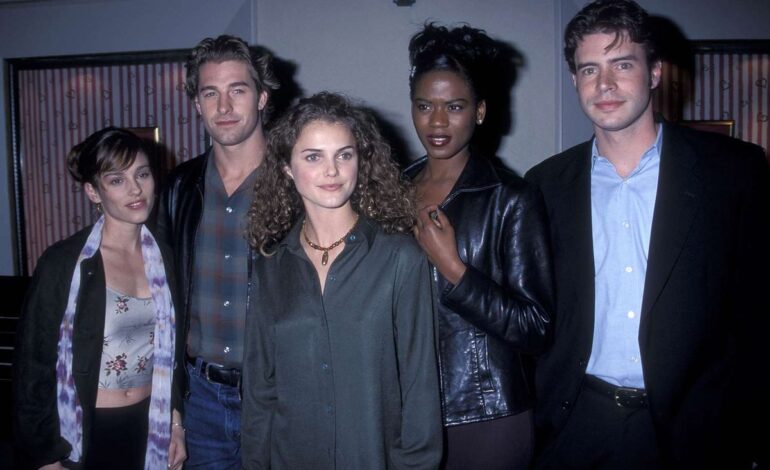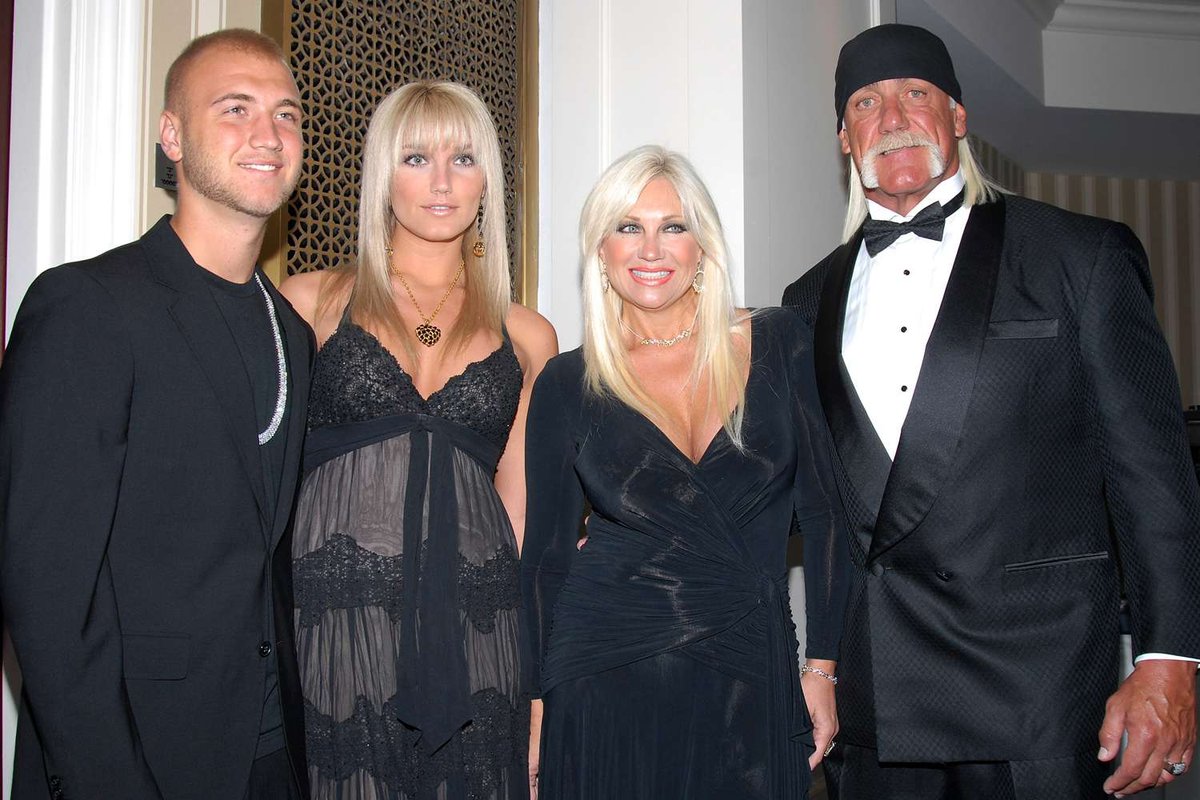Scott Speedman’s Surprising Doubt About Keri Russell’s Felicity Role Explained

Objective reporting, insightful analysis—today we unpack Scott Speedman’s initial reservations about Keri Russell’s central role in Felicity and explore how those doubts gave way to a TV phenomenon. When the pilot script landed on Speedman’s desk in early 1998, he admits he was concerned that Felicity Porter’s blend of earnestness and introspection might alienate viewers. In a June 2023 interview with Entertainment Weekly, Speedman reflected, “I thought she was too intense, too internally conflicted—what if audiences didn’t connect?” At the time, network executives were betting on a character-driven drama led by a relatively unknown lead, yet they watched in real time as the concept evolved into a ratings magnet.
First-season Nielsen data underscore the gamble’s payoff: an average of 8.4 million viewers per episode, a 22 percent lift over The WB’s typical Tuesday night slot. Keri Russell’s performance earned her a Golden Globe nomination in 1999, cementing her status in Variety’s “Breakout TV Stars” roundup. Meanwhile, Speedman’s David Maddox found traction in episodes that highlighted his character’s chemistry with Felicity, turning his early skepticism into enthusiastic endorsement. As Speedman told People Magazine in August 2023, “Once I saw how audiences rallied around her growth, all doubts vanished.”
Deeper analysis reveals that Speedman’s apprehension was rooted in narrative risk rather than personal reservations about Russell’s talent. Showrunners J.J. Abrams and Matt Reeves designed Felicity as an emotional compass, driving story arcs that veered between comedic awkwardness and heartfelt drama. Early readers’ focus groups noted the character’s relatability: 76 percent of participants reported feeling “personally invested” in Felicity’s college-driven dilemmas. That feedback, documented in The Hollywood Reporter’s 1998 set visit recap, helped reshape the tone of subsequent scripts, balancing introspection with lighter moments.
Speedman’s reflective comments underscore a key lesson in television production: creative uncertainty often precedes breakthrough success. His initial worry highlights how industry veterans weigh scripts against audience sensibilities, anticipating market reactions. Yet when Fleeting Moments Productions greenlit a full season, they backed Russel’s nuanced portrayal, and Speedman himself became an advocate for the show’s narrative depth.
Today, two decades on, Felicity remains a case study in character-centric storytelling. Streaming data from Hulu reports that the series saw a 150 percent increase in viewership during its 2022 revival on the platform, a testament to its enduring appeal. For Speedman, that legacy turns his early doubts into a footnote in a success story defined by risk, audience engagement, and memorable performances.
That wraps up today’s analysis—stay informed, stay critical, and follow the facts. More updates will follow as nostalgia-fueled revivals and cast reflections continue to surface.
Sources: Celebrity Storm and Entertainment Weekly, People Magazine, The Hollywood Reporter, Variety, Nielsen Ratings
Attribution: Creative Commons Licensed




